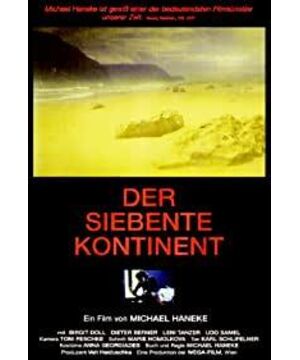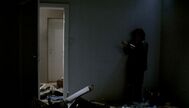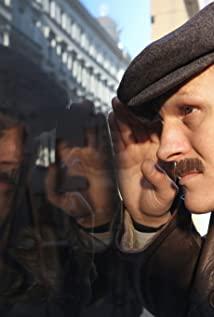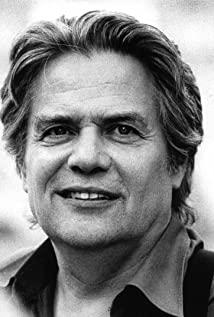If the word count exceeds the short review rule, write a very short film review ;)
From this film, Haneke established the gloomy and gloomy tone of the Glacier trilogy, and began to express his shots with dense partial close-ups, black transitions, voiceovers and fractured narratives. He is emotionless and gloomy. His tones are icy, his characters are restrained and numb, his subjects are critical of reality
The seventh continent in the title refers to Australia, which is also an advertisement for a car wash, and the family used this excuse to leave this numb world.
Opening the family sitting in the car silently watching the washout outside the car From here on out the emotion is the repressed middle class The day-to-day dullness first wakes up the daughter She pretends to be blind but lets her parents understand the oppression of life and they decide Breaking the tediousness of it all Going to the Seventh Continent Selling property Turning off the phone and the doorbell The family is wreaking havoc in the house All restraint erupts in this destruction Even if there are no lines and no expressions, the close-ups of the destruction are all telling their story Emotions until the last family commits suicide in a destroyed house and the TV turns black and white without signal, as if this moment is the real liberation
Although the whole film has only a handful of lines, it does not prevent the protagonists from expressing their emotions about the oppression of reality. This is the genius of Haneke. From this trilogy, he never only used lines and expressions to express. His shots are restrained and provocative
"Lonely"
View more about The Seventh Continent reviews










